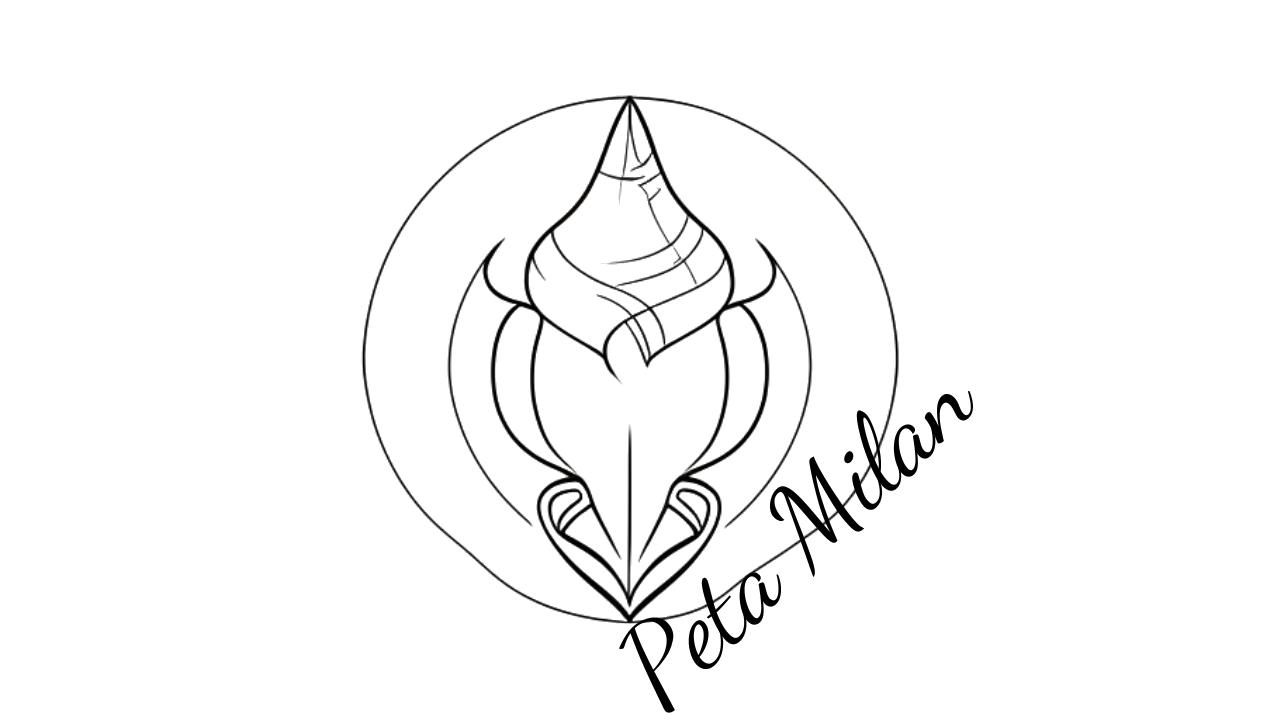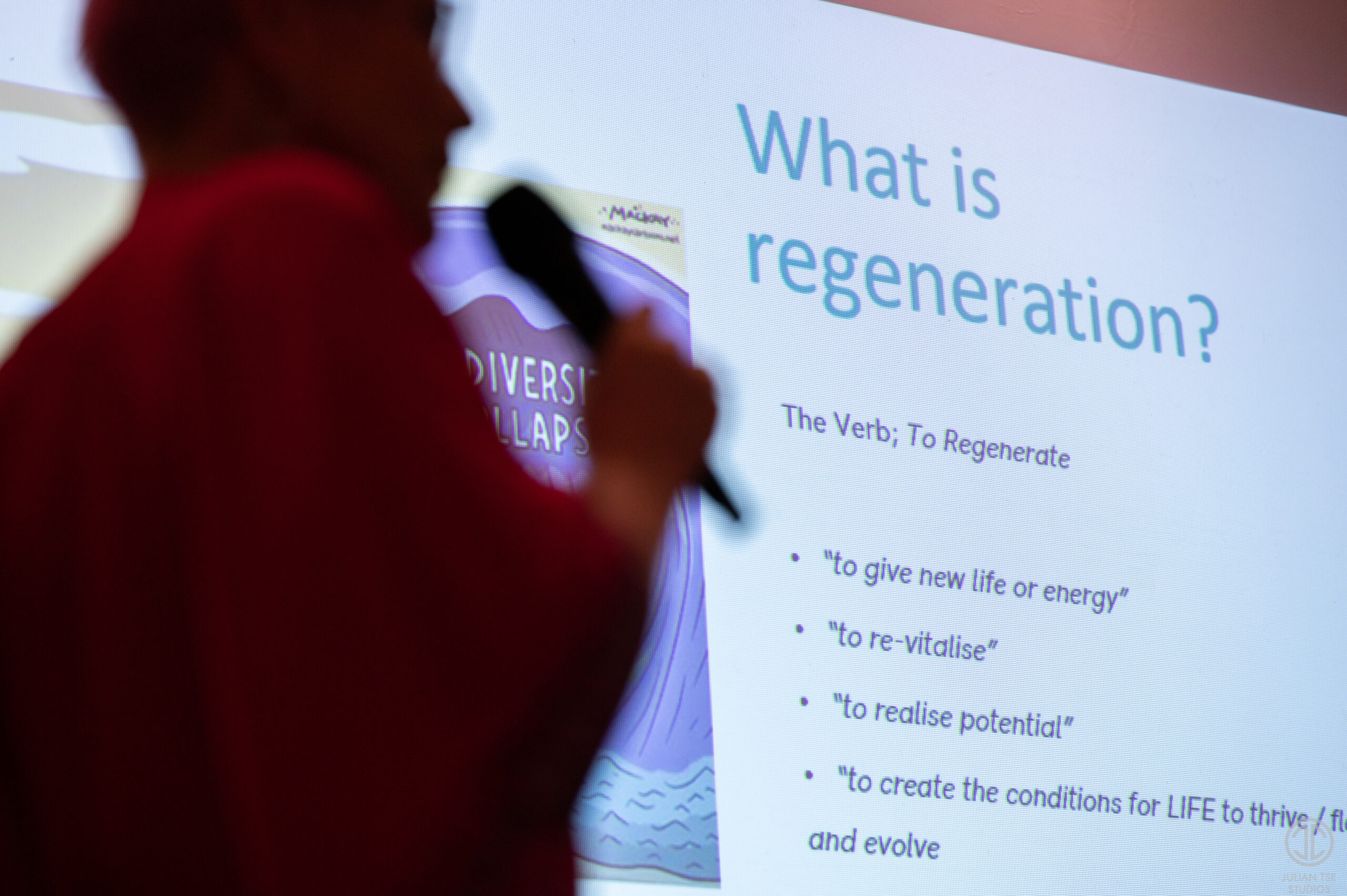I was privileged to write for newSpecial magazine on “Innovation and its Role in the Transition of Cities: A regenerative approach”. Regeneration was argued as the basis for future cities, creating conditions for all of life to thrive. Working to lead the way to the shift in living systems thinking and processes, given its superior results compared to traditional sustainability and ESG approaches, I was happy to present the work to the agencies who often fund and set policy for economic development around the world, such as the World Health Organisation and the United Nations and affiliate agencies, who make up the majority of the readership.You can read my article on page 28. newSpecial is an international magazine, with a regular publication of 10 editions per year. Its editorial committee is made up of officials from various international organisations based in Geneva. In 2015, the magazine was awarded the UNSG award, its goal to discover the formidable network of international expertise and the intellectual and operational abundance that results from it. The magazine’s distribution serves the UN and its affiliated agencies and the World Health Organisation to name a few.If you would like me to write about regeneration and its role in your industry you can message me at peta.milan@henmilgroup.com
newSpecial juin 2023
Innovation is not technology
Having led technology companies and holding qualifications in “Blockchain Strategy” from Oxford University as well as “Innovation and Competitive Strategy” from the London School of Economics, I often get asked to speak at technology events around the world. This has included the World Economic Forum in Davos, WOW Summit in Lisbon where I discussed the future of Web 3.0 and also at family office events where investors are looking to invest in the future of technology. I have also worked with large corporations in an advisory capacity, including their innovation hubs across Europe. The thing that surprises me the most is that people still confuse innovation with a technology solution. I recently received feedback from a participant at the 143rd The Global Investment Leaders Club gathering in Dubai where he shared that his biggest takeaway from the event was that innovation was not the same as technology!
- Innovation is a mindset when one can challenge the fundamental assumptions underpinning our current world view and way of tackling problems
- If you have an innovative mindset, you can lead across most industries
- An innovator listens to understand rather than listens to reply
- An innovator can see the complex interrelationships that most want to oversimplify for the purposes of ease
Living systems thinking is key to being able to develop an ability to hear the underlying assumptions of our strategies, rather than getting lost in the literal translation and overwhelm of content. Living systems is the source framework for regeneration, and it is through developing regenerative capabilities that we become true leaders in innovation. We are no longer scared of complexity, rather we find it a fascinating and natural phenomenon and embrace the continuous evolution of deepening our understanding, which makes us leaders in our field. We learn the art of deep listening and presence, taught by many traditional wisdoms, including listening to the non-human participants in our ecosystems. using regenerative frameworks, we can identify patterns that enable us to work proficiently with complexity and accelerate both our returns and our impact in multiples uncommon for conventional approaches to the technology solutions. We have a lot of technology out in the world, but not a whole lot of innovation.
Innovation is not about technology - it is a mindset and a way of being
Peta Milan
To apply for my regenerative leadership development program either in a one on one context – in the bleeding edge “Rewilding the Masculine” program or for your work teams through JET Groups Regenerative Leadership program, you can apply here:




